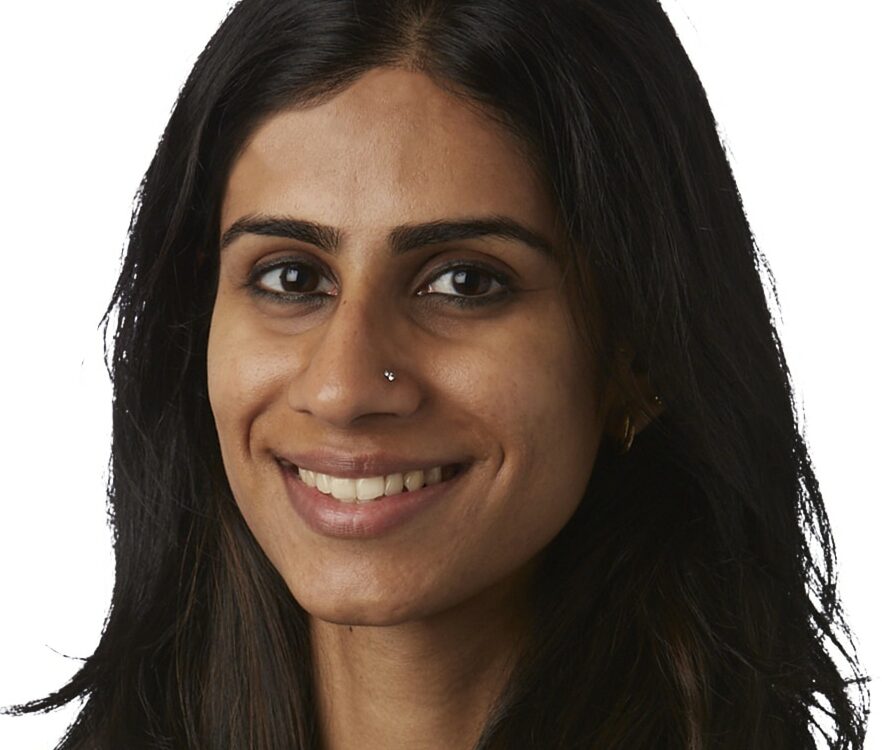Nature’s Universal Healers Unlocked for Regenerative Medicine
Acute injuries and chronic wounds pose significant challenges in healthcare, with current treatments often falling short in promoting rapid and complete tissue regeneration. This unmet need in wound management has led researchers at the Australian Regenerative Medicine Institute (ARMI) to explore innovative approaches, including harnessing the body’s own immune cells for tissue repair.
Regulatory T cells (Tregs) are a specialised type of white blood cell crucial for maintaining balance in the immune system. These cells naturally accumulate in damaged tissues, coordinating the local immune response to mediate tissue healing. Tregs have already shown promise in clinical application, as infusions of the cells have been proven effective to prevent and treat graft-versus-host disease and transplant rejections in patients. Treg biobanks are being established around the world, with plans to deliver cells to those in need.
A new study published in Nature Communications from the Martino Group at the Australian Regenerative Medicine Institute (ARMI) has revealed an important role for regulatory T cells in tissue healing, highlighting their potential as a universal cell-based therapy for regenerative medicine.

Dr Bhavana Nayer and her colleagues collected Tregs from a healthy donor mouse, and delivered them locally into injured mouse bone, muscle, and skin. They observed enhanced healing rates in each tissue type, along with improved coordination of the local immune response. The delivered Tregs stimulated other immune cells like macrophages, promoting their switch to an anti-inflammatory state.
In a related study, Dr Yasmin Alshoubaki, another researcher in ARMI’s Martino Group, investigated the use of Tregs in healing heart tissue damaged after a myocardial infarction. She observed similar effects, highlighting the multifaceted potential of Tregs to heal tissue in different contexts.
Dr Nayer said that these new findings point us in an exciting direction. “Our study is promoting the idea of an immune-centric approach to regenerative medicine, and we’re hoping this opens the doors for more immune cell-based therapies to be considered as real options for patients who could benefit from them.”
This work represents an important step towards the development of a universal immune cell-based therapy for tissue regeneration. The existing infrastructure of Treg biobanks and their proven safety in human applications suggest that translating this discovery into clinical practice may be more straightforward than initially thought.
The full paper is available here: https://pubmed.ncbi.nlm.nih.gov/39251592/
